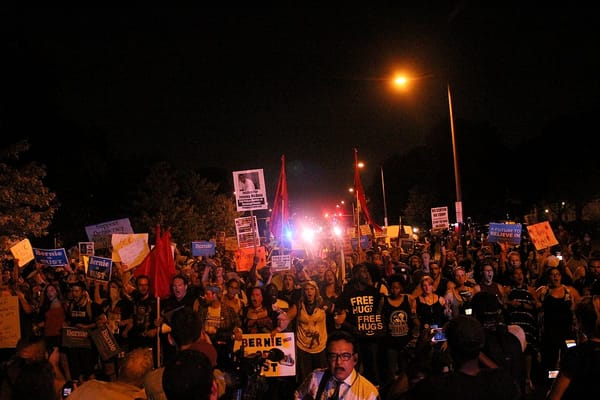Is there a future for representative government?

If memory serves correctly, it is a favorite rhetorical strategy among US history teachers to smugly inform their students that we do not actually live in a democracy [shock!]. Next, they say that we actually live in a republic [groan!], and a lesson in political theory ensues. Briefly, in a democracy decisions are made directly by the people, whereas in a republic, representatives are chosen by the people to advance their interests through government. These political systems are also referred to as direct and representative democracy, respectively.
In the late 18th century, true direct democracy was logistically impossible, and representative government seems to have been chosen solely on the basis of expediency. Yet in our contemporary context, logistical problems, such as transportation and large scale tracking of frequent votes, are no longer prohibitive. New experiments in direct democracy have been facilitated by modern technology. For example, in the 20th century, the "Initiative and Referendum" movement resulted in state-level ballot measures that were popular in states like California. Some might argue that direct democracy is having its day, and the age of representative government has already reached its peak. After all, aren't representatives obsolete if people can have their votes and voices counted, unfiltered, through modern technology?

